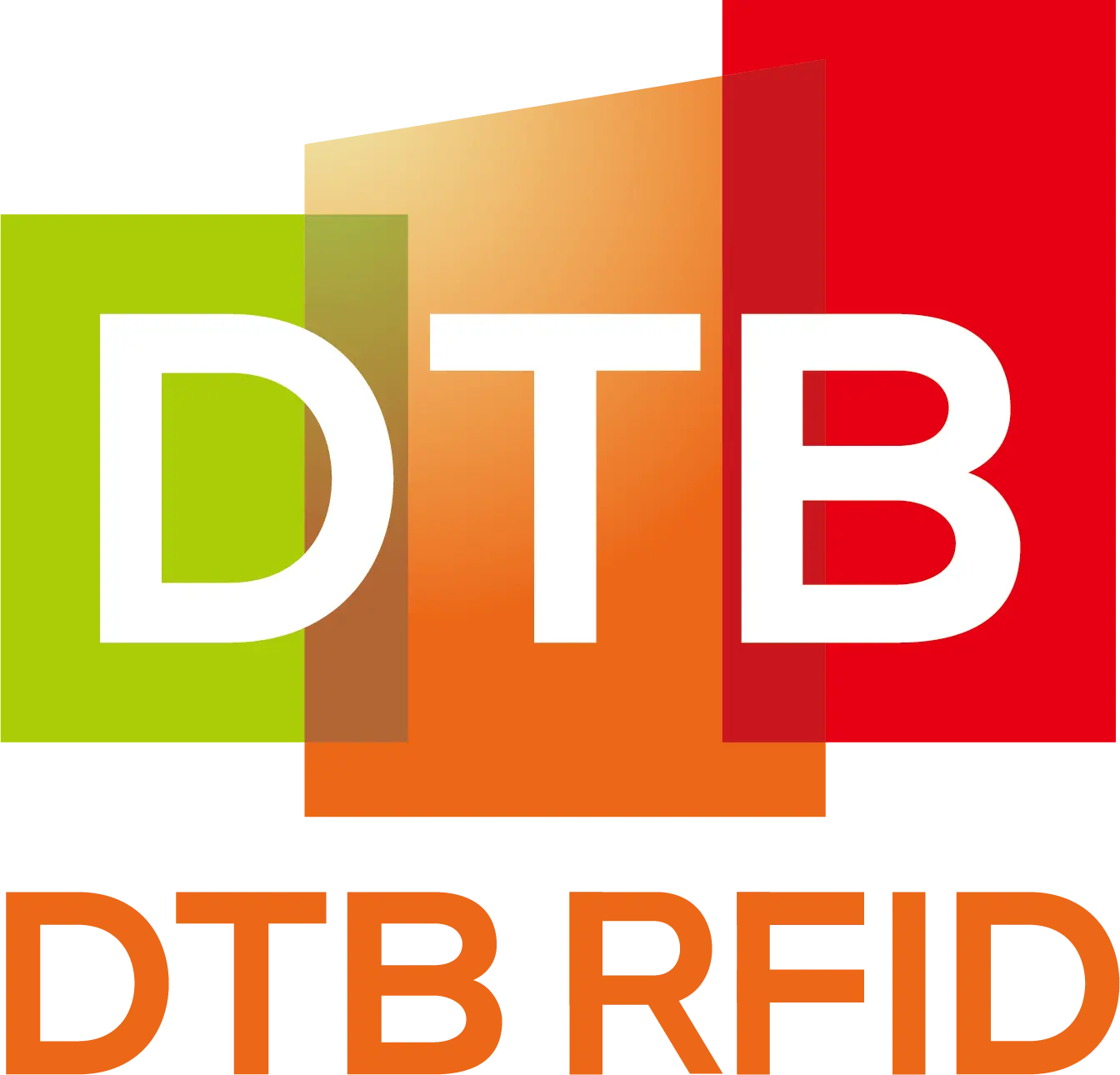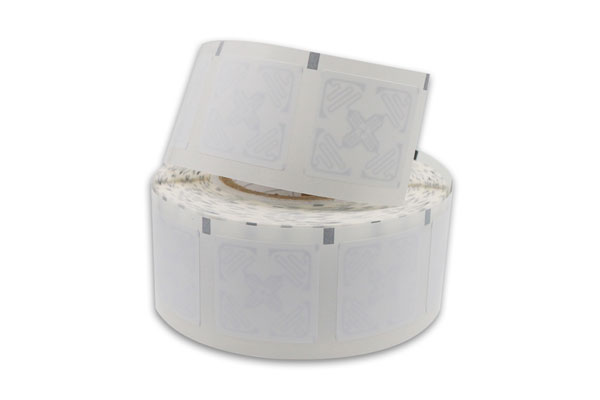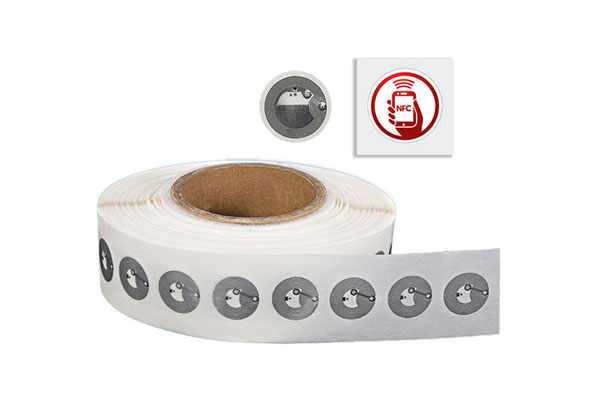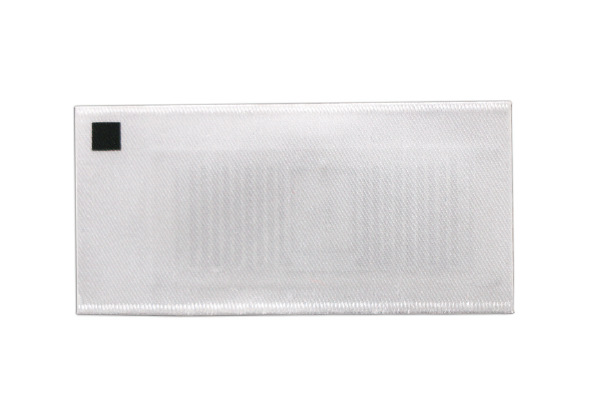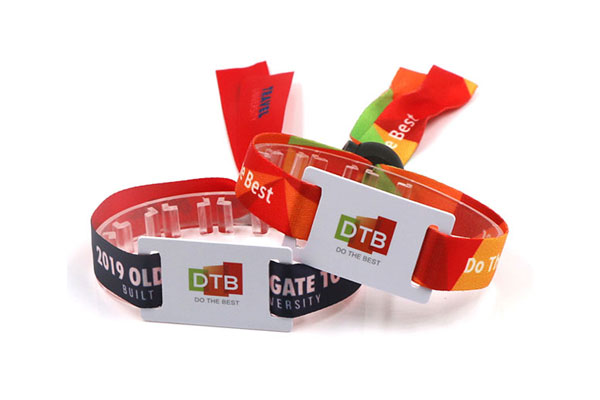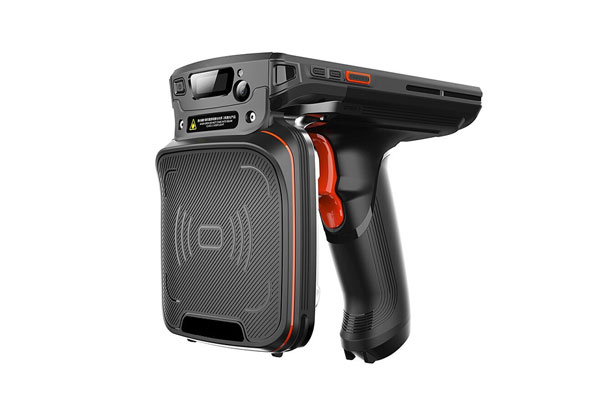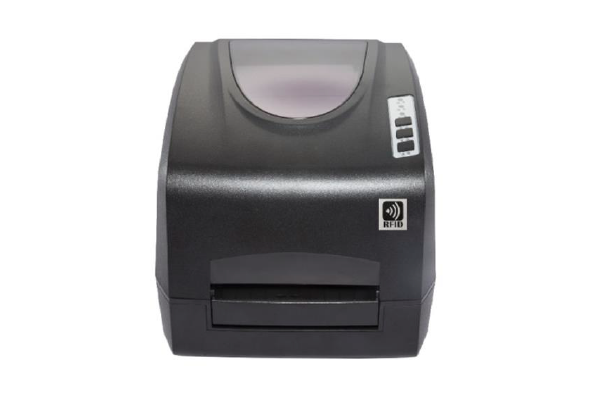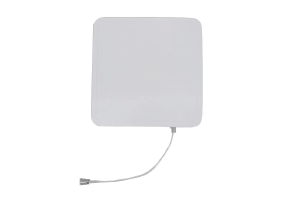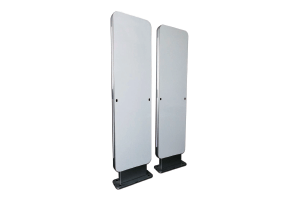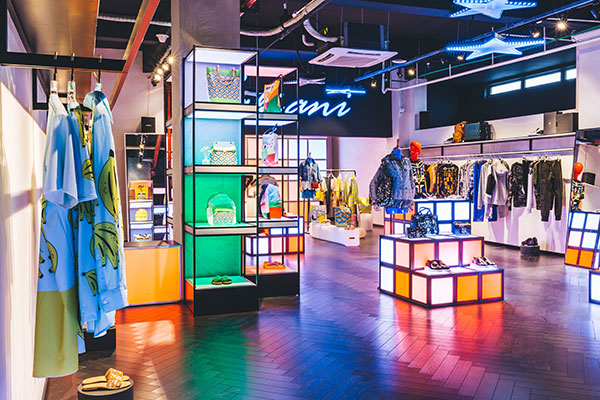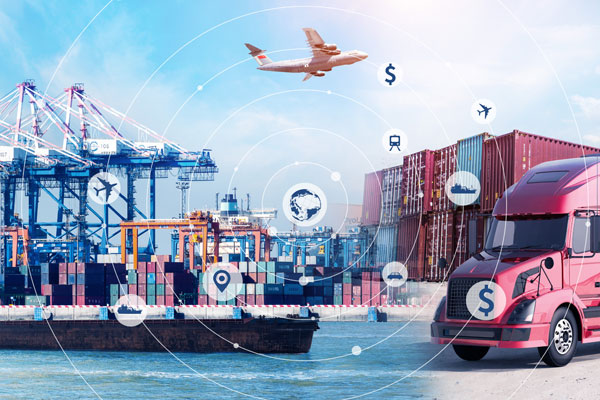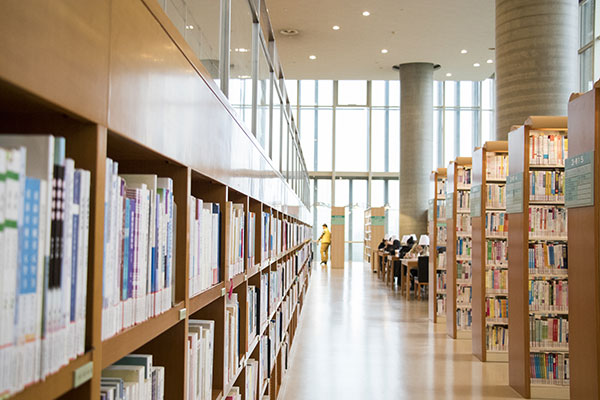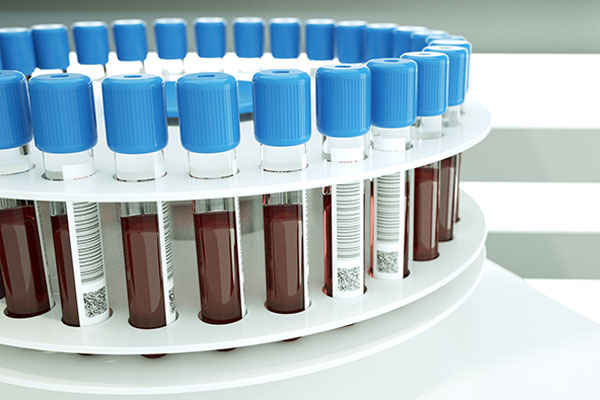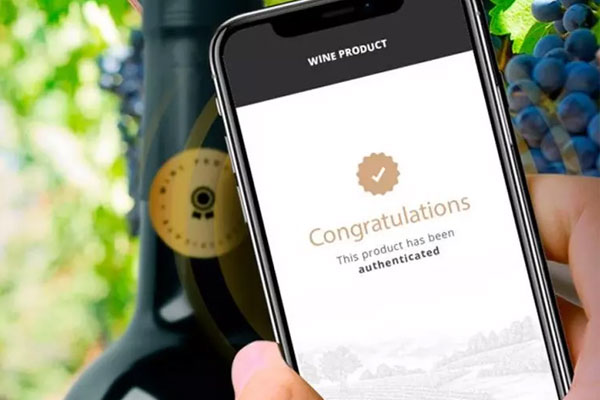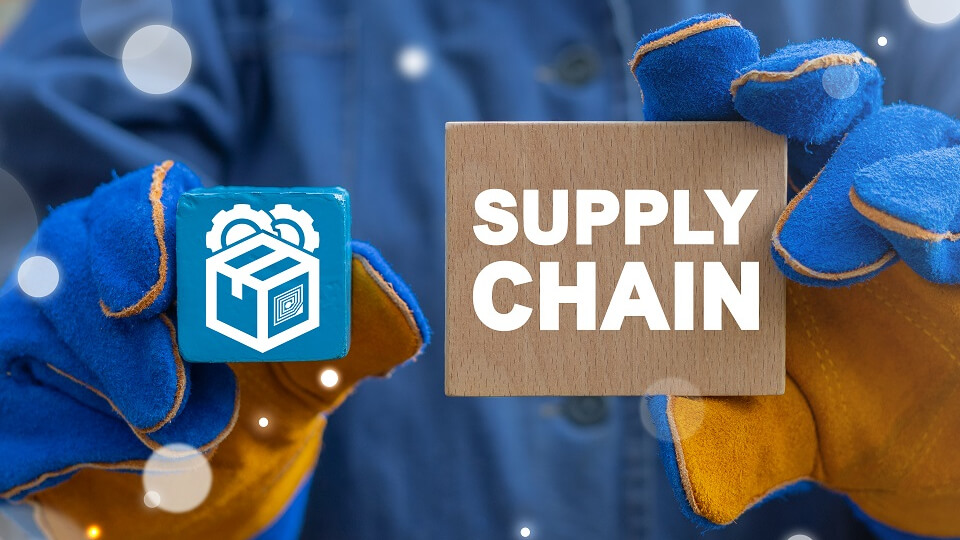Efficient maritime logistics are crucial for global supply chains. Each year, millions of containers reach ports globally, and RFID technology ensures accurate tracking of these shipments. This allows customs officials to swiftly confirm the arrival of the correct number of containers at borders, thereby speeding up processing times, minimizing spoilage, and enhancing the security of the supply chain.
Here are the specific applications and advantages of RFID technology in the courier industry:
1. Automatic Identification and Tracking of Parcels
RFID tags can be attached to parcels, and RFID readers can automatically scan and identify these tags at various nodes throughout the parcel’s journey. Compared to traditional barcode scanning, RFID does not require manual alignment with the scanner, offers faster reading speeds, and has a higher recognition rate. This is particularly beneficial when handling large volumes of parcels, significantly boosting operational efficiency.
2. Warehouse Management Optimization
In courier warehouses, RFID technology can be used for precise inventory location and management. Each parcel with an RFID tag contains unique identification information, enabling the warehouse management system to monitor the position and status of each parcel in real time. This leads to more efficient warehouse management, automated inventory counting, reduced human errors, and accurate inventory information.
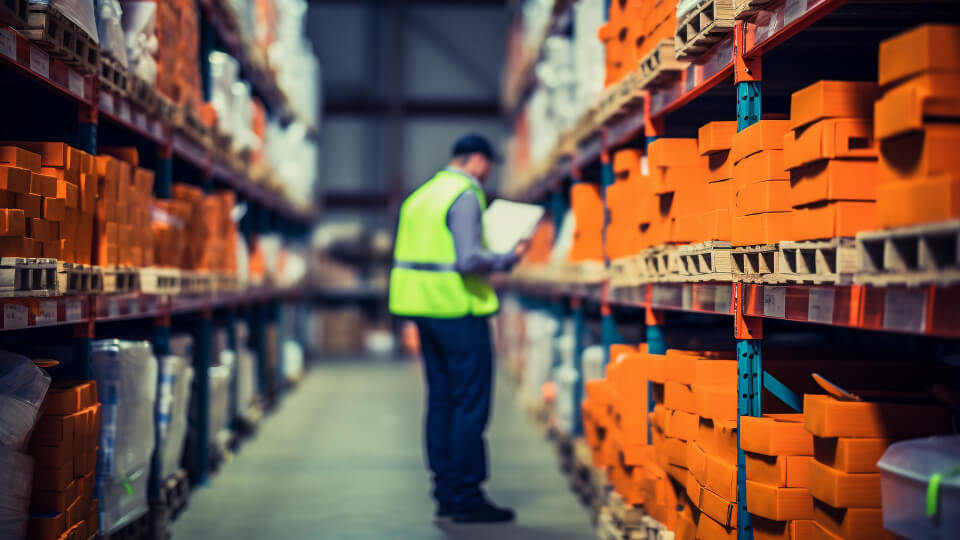
3. Automated Sorting Systems
By installing RFID readers on the sorting conveyor belts, the system can quickly read the information on the RFID tags of parcels and automatically allocate them to the appropriate destinations based on preset sorting rules. This not only improves sorting efficiency but also reduces the error rate of manual sorting.
4. Real-Time Logistics Information Updates
Customers can check the transportation status and location of their parcels in real time through the courier company’s website or mobile app, enhancing customer experience and satisfaction. At the same time, logistics companies can better monitor the transportation process and quickly identify and handle anomalies, ensuring the safe and timely delivery of parcels.
5. Security Monitoring and Theft Prevention
When parcels pass through security checkpoints, the RFID system can automatically verify parcel information, identify anomalies, and trigger alerts. Additionally, RFID tags can record environmental changes during transportation, such as temperature and humidity, ensuring the effective monitoring of special parcels (e.g., perishable goods, and pharmaceuticals).
6. Reverse Logistics Management
With the automatic identification and recording of RFID tags, logistics companies can quickly process return parcels, track detailed information for each return, optimize return processes, and reduce processing time and costs.
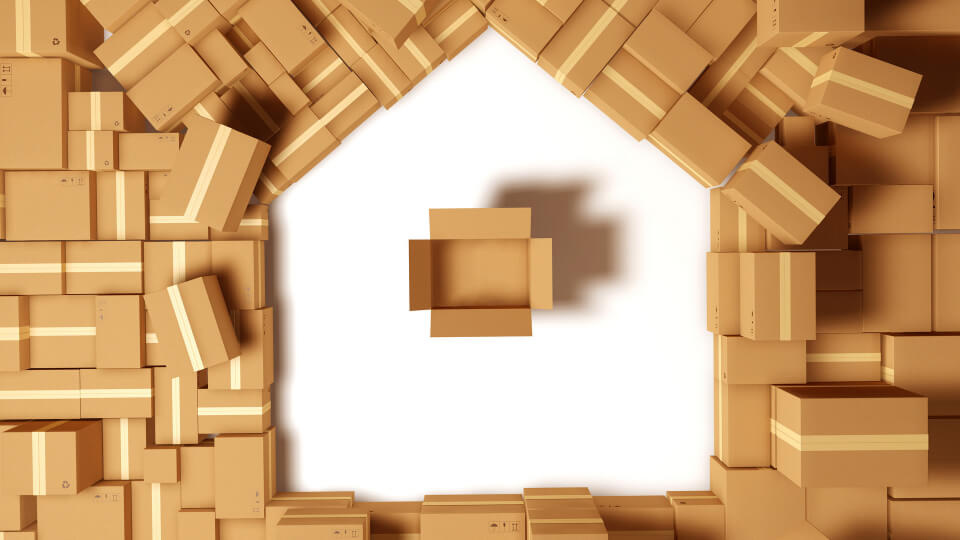
7. Data Analysis and Decision Support
By analyzing parcel flow data, companies can identify bottlenecks and optimization opportunities in the transportation process, improve logistics routes and warehouse layouts, and enhance overall operational efficiency. Furthermore, this data can help companies forecast future logistics demands and plan and allocate resources scientifically.
8. Environmental Protection and Sustainable Development
RFID tags are generally more durable than traditional paper labels and can be reused multiple times, reducing resource waste and environmental pollution. Additionally, the efficiency of RFID technology means that courier companies can reduce the empty load rates and energy consumption of transportation vehicles, achieving more environmentally friendly logistics operations.
Here are some successful cases of implementing RFID for Logistics & Supply Chain
UPS Delivers Next Phase in Smart Package/Smart Facility Initiative with RFID
After integrating RFID reading capabilities into over 1,000 distribution sites across its network and tracking millions of “smart packages” daily, global logistics company UPS is advancing its Smart Package Smart Facility (SPSF) initiative. This summer, UPS is outfitting all its brown trucks to read RFID-tagged packages. By the end of the year, 60,000 vehicles will be operational with this technology, with an additional 40,000 expected to join the system in 2025.
“Smart Package Smart Facility will enhance our customers’ experience by making their packages smarter, faster, and greener, and by boosting their business productivity,” said Jon Bell, UPS’ head of strategic innovation. “They won’t have to handle calls inquiring about the whereabouts of their shipments.”
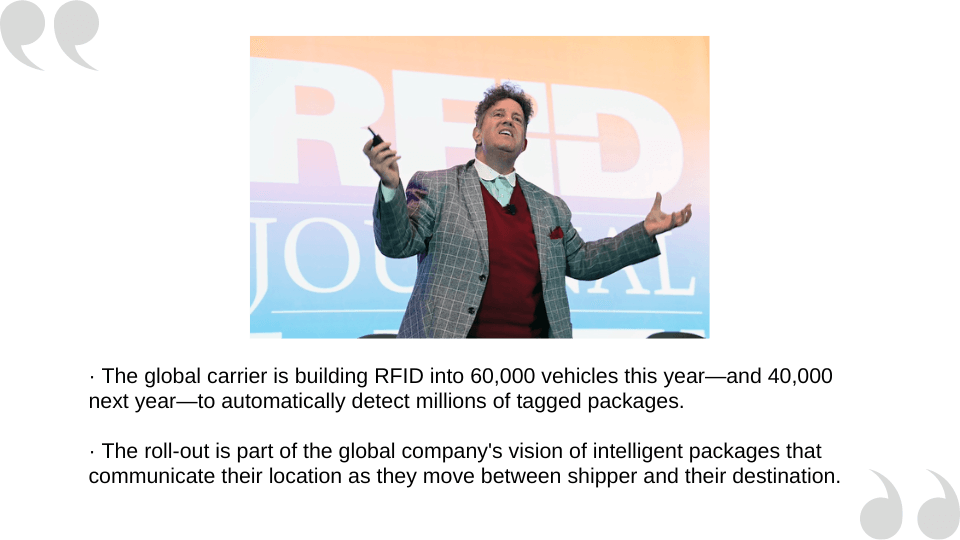
Tracking Returnable Transport Items
Danish company Container Centralen supplies durable trolleys to the global horticultural industry. These standardized, high-quality returnable transport items (RTIs) are equipped with rugged, waterproof RFID tags. These tags have a standard read range of 16 meters and can endure storage temperatures from -30°C to +70°C, as well as operating temperatures from -10°C to +60°C.
The RFID tags feature a visible antenna, and their functionality is destroyed if removed, making it extremely difficult to counterfeit the tags or RTIs. This assures members that their products are transported on genuine Container Centralen trolleys. With 4.5 million trolleys in circulation, these tags facilitate the easy scanning and tracking of goods in transit, ensuring freshness while effectively preventing fraud.
FloraHolland Reduces Time Lost in Flower Sorting with RFID
The Netherlands exports over half of the world’s $30 billion cut flower market, making efficient handling critical for maintaining competitive prices. To optimize this process, FloraHolland has implemented passive UHF RFID technology on over 250,000 metal auction trolleys.
By using RFID tags, FloraHolland has significantly cut down the time spent locating flowers at the receiving dock. This improvement has led to annual savings of approximately $200,000, previously lost to inefficiencies in trolley retrieval.
RFID readers positioned around the docks and refrigerated storage units now enable FloraHolland to track the time it takes for flowers to be moved into temperature-controlled environments. This not only helps ensure the flowers’ freshness but also enhances the auction value for cooperative members by maintaining optimal product quality.
